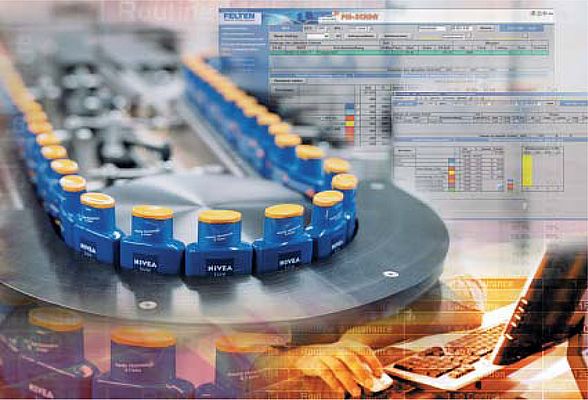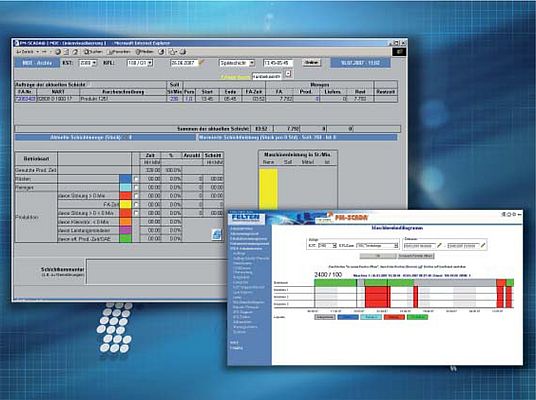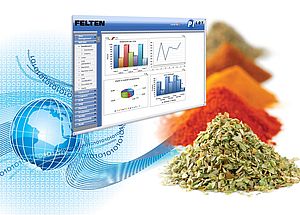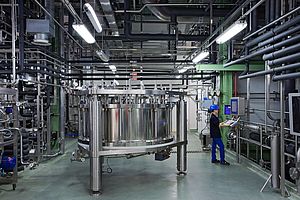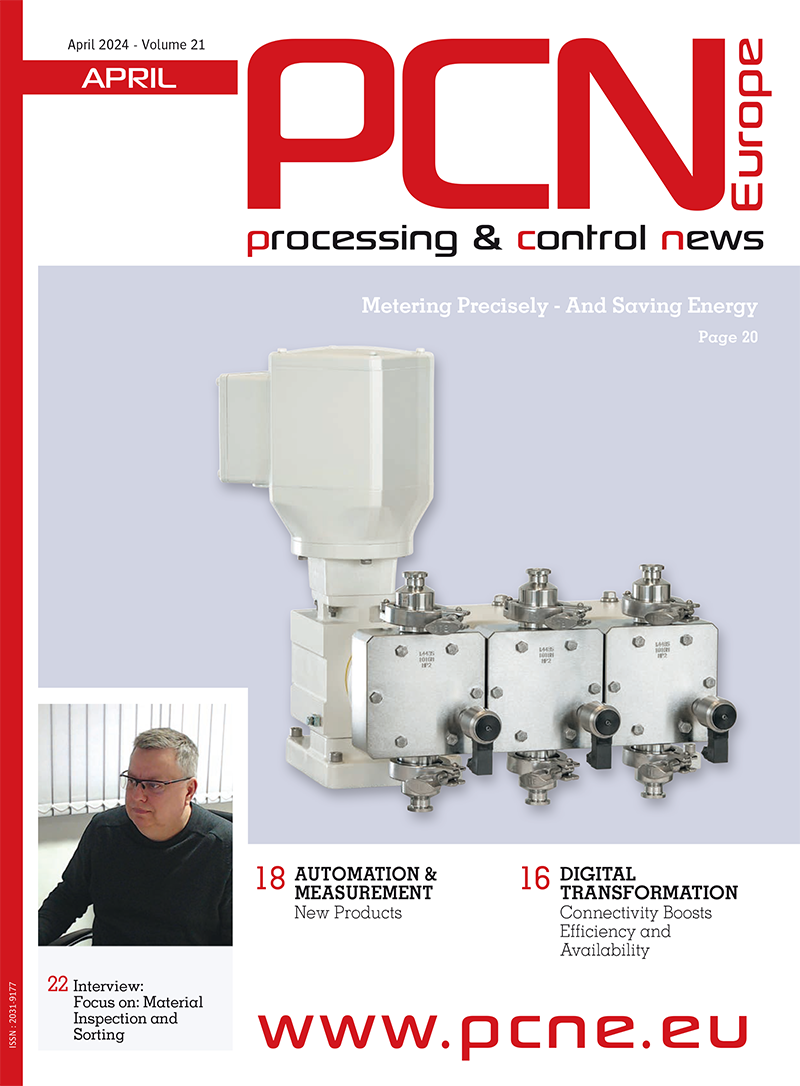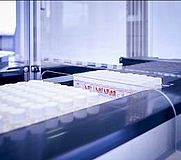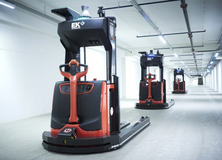Beiersdorf AG is reporting significant increases in efficiency at its Nivea production plant in Hamburg, Germany, following the implementation of a Pilot [TPM] Total Productivity Management system from Felten. The web-based solution is affordable, scalable, and easy to integrate across multiple lines and numerous locations.
With its globally-renowned beauty and skin-care products, Beiersdorf AG owns some of the biggest brands in the business, including Nivea, the world’s bestselling brand. The first Nivea cream was launched in 1911, and the brand has grown to encompass a broad range of products, manufactured principally at the company’s production facilities in Hamburg.
Finding that the centralised data collection system on its 36 filling lines at the plant was being stretched to the limits and struggling to deliver the quality of information that would enable ongoing increases in efficiency at the plant, Beiersdorf was keen to implement an enhanced system for the collection, analysis and archiving of machine data, allowing easy performance evaluation of the various production lines and giving real-time access to production data.
Importantly, the installed system had to be affordable, scalable, and easy to integrate into the existing plant wide control and production architecture. Beiersdorf’s evaluation of possible solutions led the company to Felten of Serrig, Germany. Felten specializes in process automation and information technology, with a focus on the concept of ‘Production Intelligence’. PI has been developed to describe the company’s approach to improving production efficiency and reducing downtime for some of the world’s largest process company’s, and is a concept that it is introducing around the world through partners such as Products4Automation (P4A) in the UK.
In particular, Beiersdorf recognized the potential of Felten’s Pilot [TPM] Total Productivity Management solutions, built on standard database technology and meeting the fundamental requirements for reliable process production. The software is web-based, enabling simple cross-location implementation and the flexibility to evolve and grow as application requirements change. For Beiersdorf, Pilot TPM represented the ideal technical solution with the minimum investment risk.
The transparent representation of production data in real-time, and especially the error analysis supports the continuous improvement process (CIP) in the enterprise.
Pilot TPM is easy to integrate into production structures. Importantly for manufacturers in the cosmetics industry – as well as for chemical, pharmaceutical, medical, food and beverage manufacturers – the Pilot products meet the international GMP and FDA (21CFR Part 11) quality standards.
Decentralised and web-based, the TPM system automates the cross-plant collection, analysis and archiving of production data and machine data, and provides meaningful parameters for production planning, quality evaluation, maintenance and process optimization in real time. The collection and processing of data for the likes of downtime, numbers of products and cycles, disturbances and production capacity is seamless, and can be monitored directly on the line computers or web clients.
With the contract awarded, Jörg Prim of Felten and his support team, working alongside Bernd Mencke of Beiersdorf and his project team, began work on the installation. First the data acquisition system was installed on the filling lines, and in July – just a few weeks after the award of the contract – the first production line was connected to the TPM System, followed in August by installations on two further lines, each consisting of around 15 different machines.
“The flexibility of the interface was a great help in commissioning the system,” says Jörg Prim. “It allowed us to commission the lines remotely rather than on-site.” As well as testing the ease of set-up, the installation also tested the ease of scalability of the TPM system. Depending on the particular product and process, a particular line may not run with all 15 machines operational if a particular production step is left out, or may require extending with additional machines. Pilot TPM made it easy to tighten or extend the line as required.
And it is just as simple to integrate complete new production lines into the system. Only the differences between the lines have to be configured in each case. This is where the web-based technology is also a major benefit: rather than having to install applications on local clients, configuration can be performed anywhere where there is internet access. The particular production lines don’t even have to be in the same plant, with the technology allowing different TPM systems to be readily interconnected at any number of different locations.
In addition, the solution provides a seamless interface to the in-house ERP SAP system.
In use, the Pilot TPM system helps to quickly identify weaknesses in the production process and so increase efficiency. An integrated tool allows the set-up and evaluation of key performance indicators (KPIs), with users able to define formulae for KPIs such as productivity calculations and evaluation of downtime. In addition, users can enter limit values and predefine times at which KPIs can be calculated.
With a further tool, the ‘Report Designer’, it is possible to customize the KPI reports to match individual requirements. Moreover, reporting at fixed times can be automated to give, for example, daily, weekly or monthly reports. And company-wide data from numerous different sources can be summarized in a single report.
These reports also support the continuous improvement process (CIP), by highlighting any bottlenecks, which can then be analyzed. Through the resulting KPIs, the effects of any improvement measures introduced (such as constructional changes at machines) can be monitored.
Beiersdorf project manager Bernd Mencke concludes: “We have now reliable and reproducible KPIs, measured values and reports for downtime, cleaning and set-up times across the filling lines. The new machine and production data collection system quickly identified a number of weak points across the plants, and we are already seeing a noticeable increase in production efficiency.”
Edited by Constanze Schmitz
Pilot production data collection
boosts efficiency of cosmetic bottling lines
- by Felten Group
- February 3, 2011
- 6741 views


